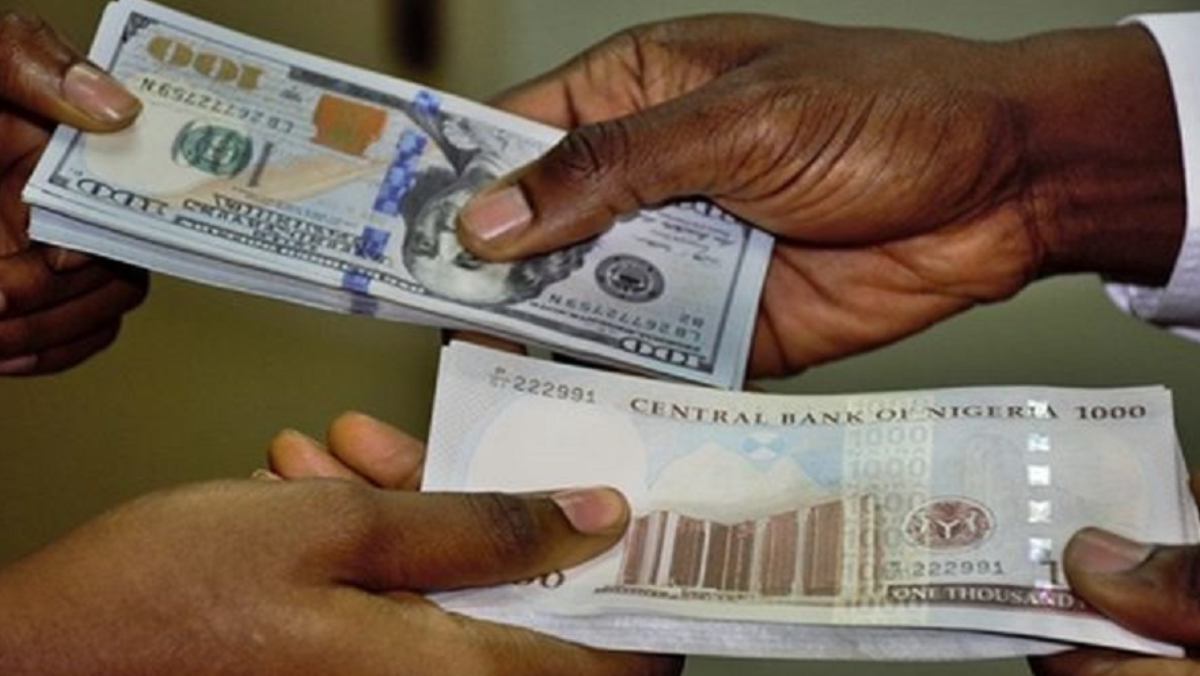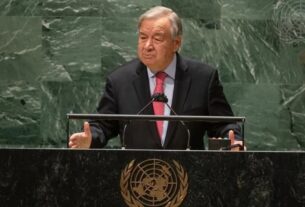The International Air Transport Association, the Geneva-based trade association representing world airlines, has expressed fears that foreign airlines operating in Nigeria, may lose about $200m to exchange rate depreciation.
IATA Regional Vice-President for Africa and the Middle East, Kamil Al Awadhi, said the issue of trapped funds was being exacerbated by the depreciation of the naira, which had dropped significantly against the dollar. He spoke in an interview with CNBC monitored by our correspondent.
The IATA VP spoke against the backdrop of the over $700m foreign airlines’ ticket revenue reportedly still trapped in Nigeria.
The Central Bank of Nigeria last week said it had paid all verified debts owed foreign airlines but IATA in a swift response said foreign carriers operating in the country still had over $700m trapped in Nigeria.
Meanwhile, local travel agents under the aegis of the National Association of Nigerian Travel Agencies have asked foreign airlines in the country to release lower fares in their inventory or face severe consequences.
This came on the back of the CBN report of completing payments of foreign airlines debts.
However, IATA VP had insisted the CBN needed to complete all outstanding ticket revenue trapped in the country.
“Airlines should not be unfairly penalised by the lower exchange rate,” the IATA VP warned in a statement last week.
But speaking to CNBC, AlAwadhi said, “You also have to take into consideration the blocked funds and the fair value of the blocked funds. If you have $720m blocked and then you devalue the naira by 30 per cent, you have wiped out over $200m of airlines’ money, and they have to compensate that.”
He added, “Airlines have lost a lot of money operating in and out of Nigeria and it continues to be so under the current environment.”
The naira has been in a free fall against the dollar in recent weeks.
Recently, the naira plunged from about 900/dollar to over 1,400/dollar at the official market.
The President of the Association of Foreign Airlines and Representatives in Nigeria, Mr. Kingsley Nwokoma, maintained that the naira was depreciating.
Nwokoma said, “I concur with IATA’s observation regarding the diminishing value of trapped funds. The worth of the naira today is different from its value five years ago or even last year. The crucial aspect is for the government to fulfill its payment obligations.”
He proposed that the Nigerian government should consider the possibility of establishing an arrangement with the airlines, considering periodic payments, either monthly or quarterly, as a viable solution.
“We have reiterated numerous times. The reality remains that the magnitude of trapped funds in our system is substantial,” he said.
Nwokoma added that as a result, passengers were opting to book flights from Togo and Ghana due to cost considerations.
Last week, the Central Bank of Nigeria announced the completion of payments for all verified claims by foreign airlines, disbursing an additional $64.44m to the concerned parties.
The apex bank clarified that this recent payment brought the total verified amount disbursed to the air transport sector to $136.73m, adding that all verified claims from airlines had been settled.
Earlier, the President, NANTA, Susan Akporiaye, said that the $61.64m paid to foreign airlines constituted a portion of the accumulated debts.
Akporiaye said, “The old debts are being settled at the prevailing rate when tickets are sold, with the exchange rate around N400/450 to one dollar. The debt, which was originally about $800m, has been reduced.” Punch





